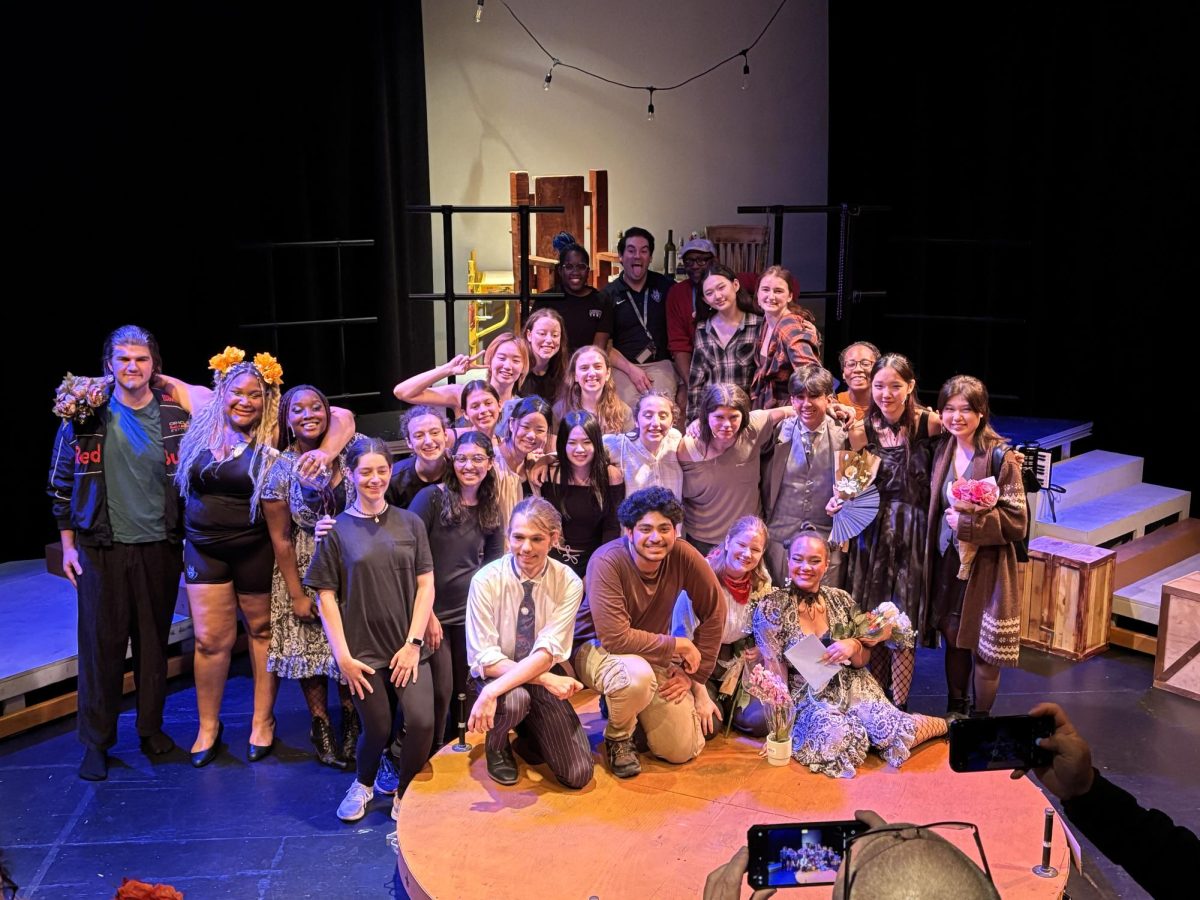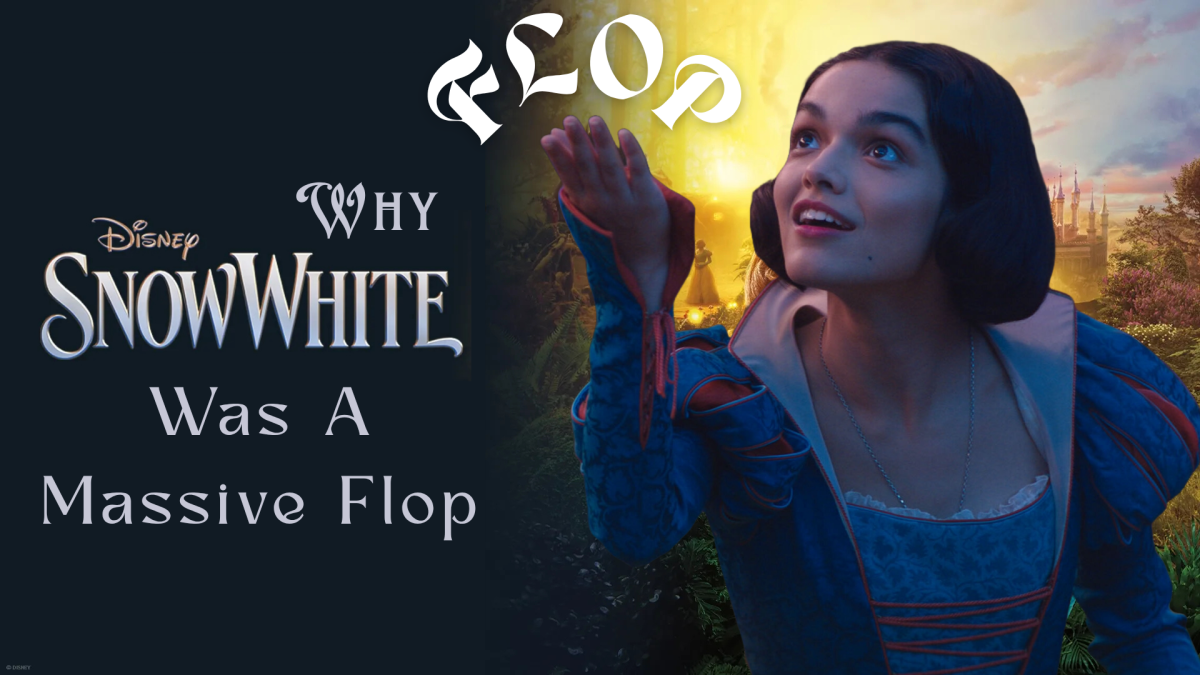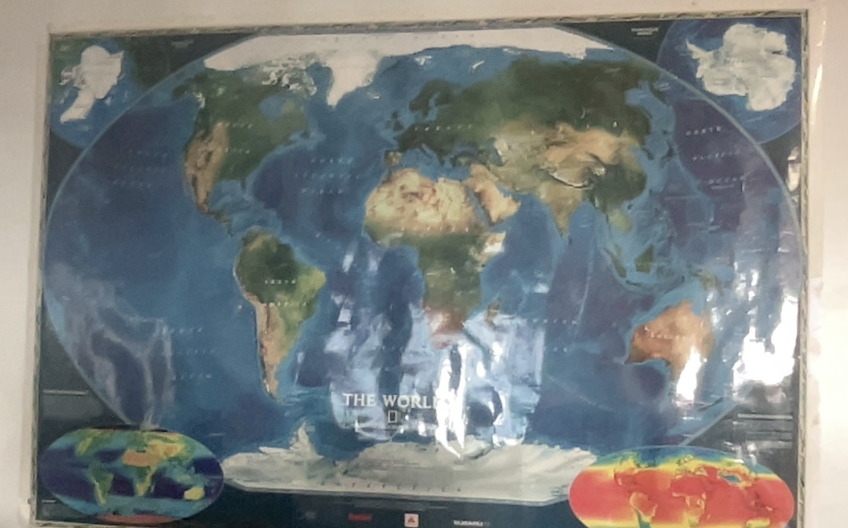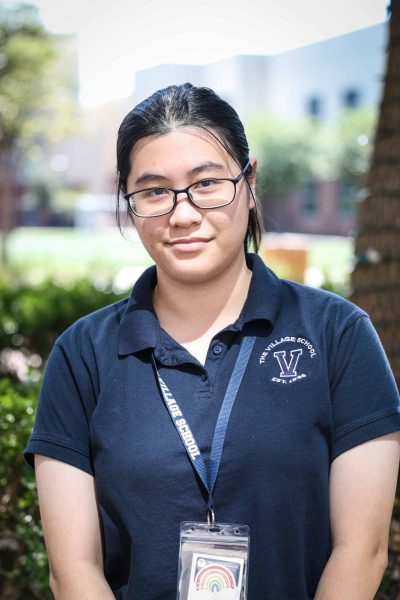As November approaches, the presidential race is heating up more than ever, not just among political figures but also among pop icons. You’ve probably noticed the increasing mention of the phrase “endorsement” in recent news headlines. But what do these terms really mean? “Endorsement,” according to the Oxford Dictionary, is “An act of giving one’s public approval or support to someone or something.” Then, why does it relate to pop icons? Well, it’s more than you could think of. Pop culture in daily life is an irreplaceable factor across Generation Z, and that also includes The Village School’s students.
In July of 2024, just hours after U.S. President Joe Biden announced his withdrawal as the 2024 Democratic presidential nominee, British musician Charli XCX endorsed Vice President Kamala Harris by tweeting, “Kamala IS brat.” Only by a single tweet, that’s how Harris raised a record-breaking $81 million in donations within a day after officially appearing as a presidential candidate. Nobody, even Harris herself, couldn’t imagine that her most culturally powerful endorsement may have come from a single tweet. At that moment, Harris’ campaign has embraced the current pop culture moment. Sensing its potential to engage young voters, Kamala immediately followed Charli XCX on X (formerly known as Twitter) while the backdrop on Harris’ headquarters account briefly changed to Brat’s distinctive lime green color during the “brat summer.”
While the “brat wave” is unlikely to decide the election result, the influence of pop culture in political competitions is one of the few consistent elements in a campaign that has been extraordinary on various fronts. In fact, Harris is not the first to integrate pop culture into political campaigns. For decades, presidents and presidential candidates have attempted, with differing levels of success, to utilize pop culture (especially music and pop icons) to connect with their promising voters. During the 21st century, political narratives were often conveyed through campaign songs, but the profound influence of popular culture on shaping these narratives can be traced back to the 1960s. One significant example is “High Hopes,” sung by Frank Sinatra to the tune of his 1959 hit single but with modified lyrics to support his personal friend, the 1960 Democratic presidential candidate – John F. Kennedy. In another case, Fleetwood Mac – the legendary British/American rock band was reunited in 1993 to perform at Bill Clinton’s inauguration.
In reality, the “Brat Kamala” phenomenon was one of the most significant cultural moments between a political figure and a pop icon in this year’s presidential race. That is, until Taylor Swift, one of the most influential pop icons of this decade, enters the game. In August of 2024, an AI-generated image of Taylor Swift endorsing Donald Trump was shared by the former president himself on Truth Social with the caption “I accept!”. Unfortunately for him, the pop star phenom just couldn’t “shake it off” and posted a response on her Instagram shortly after. “Recently, I was made aware that an AI of ‘me’ falsely endorsing Donald Trump’s presidential run was posted to his site. It really conjured up my fears about AI and the dangers of spreading misinformation. It brought me to the conclusion that I need to be very transparent about my actual plans for this election as a voter. The simplest way to combat misinformation is with the truth,” said Taylor Swift. At the end of her response, Taylor Swift made an official endorsement for Kamala’s parties and signed the post with “Childless Cat Lady” as a sarcastic reference to the statement from JD Vance (Trump’s Vice President candidate), in which he believed the US is being “run by a bunch of childless cat ladies.” The influence of this “Childless Cat Lady” pop star exceeded the expectations of politicians when her endorsement of Vice President Kamala Harris for the White House resulted in 405,999 users visiting the site vote.gov the following day, easily besting the site’s early September daily tally of 30,000 visitors. This signified the potential impact her public support could have on the November election, as reported by CBS.
In a recent interview with Billboard, a political analyst said, “This election will be decided by a few thousand votes in three or four key states, so everything matters. Will this be the deciding factor? Probably not. But will it have an impact? Most definitely.” Says veteran pollster and communications analyst, Frank Luntz. Luntz – who has been conducting a series of surveys for the New York Times since August of 2024, asked a group of young, undecided voters about the election. Before President Biden dropped out to make way for Harris, he polled voters about who would have the most influence on their vote. Trump was in first place at 38%, with Biden at 34% and Swift not far behind at 25%. “I was really shocked by that,” he continued. “At the time, Biden was so weak among younger women, and they are among the Democrats’ most reliable voting group — and [Swift] matters significantly, because she’s not seen as a politician and she’s not seen as a partisan. So people will at least listen to her.” According to Luntz and Lincoln Project co-founder Rick Wilson, Taylor Swift represents a new kind of political influence with a significant multimedia reach that could potentially engage young voters who are sometimes unreliable and unmotivated.
“This is my very first year being eligible to vote for the president. Although I DO love Taylor Swift, I personally don’t think that her political views will affect my own political opinion. I mean, her impact was big; all the conversations around me were always talking about her newest album or the Eras tour.” said an anonymous VHS alumnus, who is also a “Swiftie” (fan of Taylor Swift). “But, even though I plan to vote for the Democratic party like she does, her Instagram post wasn’t the main reason for my political stance. I have made my own choice based on my real-life experiences, information online, as well as opinions and advice from family members”, they continued. “This may not be the case for me; however, I still believe that Taylor had influenced someone out there to cast their voice as she does. Even if Taylor and I don’t have the same political ideas, we still support her as a fan because we understand that she’s giving us this level of trust. She trusts us with her vulnerabilities, and we trust her. She’s our Miss Americana, after all.”
References:
Prudence, F (2024, July 23), ‘Kamala IS brat’: how the power of pop music has influenced 60 years of US elections, theconversation.com. The conversation.
Emily Mae, C (2024, September 15), Donald Trump says “I hate Taylor Swift!”, cbsnews.com. CBS News.
https://www.cbsnews.com/news/donald-trump-says-i-hate-taylor-swift/
Stefan, B (2024, September 12), Taylor Swift drove 405,999 visitors to vote.gov in 24 hours after Kamala Harris endorsement, cbsnews.com. CBS News.
https://www.cbsnews.com/news/taylor-swift-kamala-harris-endorsement-vote-gov/
Gil, K (2024, September 19), Election Experts Say ‘Taylor Swift Effect’ Could Impact Presidential Election After Kamala Harris Endorsement & Trump ‘Hate’ Tweet, billboard.com. Billboard.








